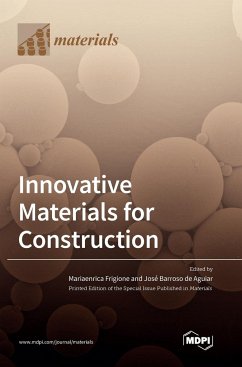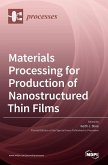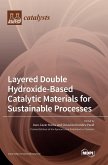Most of the typical materials employed in today's constructions present limitations, especially concerning their durability, in either common or severe environmental conditions, and their impact on the environment. In response to these issues, academic and industrial efforts around the world have been devoted to developing new smart materials that can provide efficient alternatives, improve the energy efficiency of buildings, or can upgrade, repair, or protect existing infrastructures. Different and wide technological innovations are, therefore, quickly fostering advancements in the field of construction materials. A new generation of materials (bricks, cement, coatings, concrete, FRP, glass, masonry, mortars, nano-materials, PCM, polymers, steel, wood, etc.) is gaining a prominent position in modern building technology, since they can overcome various limits and flaws of conventional materials employed in constructions, without neglecting the smart applications of pioneering materials in ancient constructions and historic buildings. Even though the adoption of innovative materials in the construction field has been a successful route in achieving enhanced performance, or even new and unexpected characteristics, some issues have not been completely solved. On top of them, the cost/performance ratio of novel solutions, since their introduction must be convenient, without compromising quality. Other concerns are related to their sustainability, with eco-friendly options, possibly exploiting recycled materials or by-products from other productions, being the most desirable solution. Finally, the use of materials or systems that are unconventional in this field raises the need to update or develop new specifications and standards. This special issue aims at providing a platform for discussing open issues, challenges, and achievements related to innovative materials proposed for the construction industry.
Hinweis: Dieser Artikel kann nur an eine deutsche Lieferadresse ausgeliefert werden.
Hinweis: Dieser Artikel kann nur an eine deutsche Lieferadresse ausgeliefert werden.








